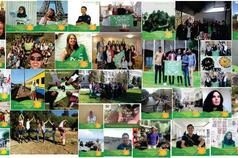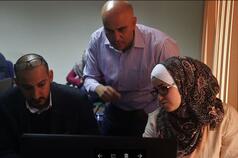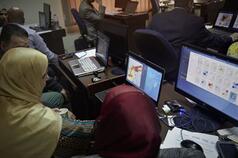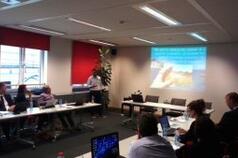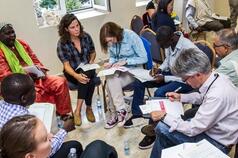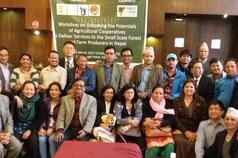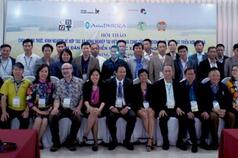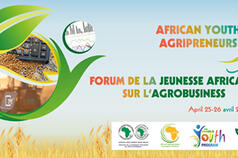GFAR Partner IAAS was founded in 1957 and started with only 8 member countries. In 60 years, it became an association with over 40 member countries and about 10.000 students as members!
But still, their vision stays the same: To promote the Exchange of Experience, Knowledge and Ideas and to improve the mutual Understanding between Students in the field of Agricultural and Related Sciences all over the World!

